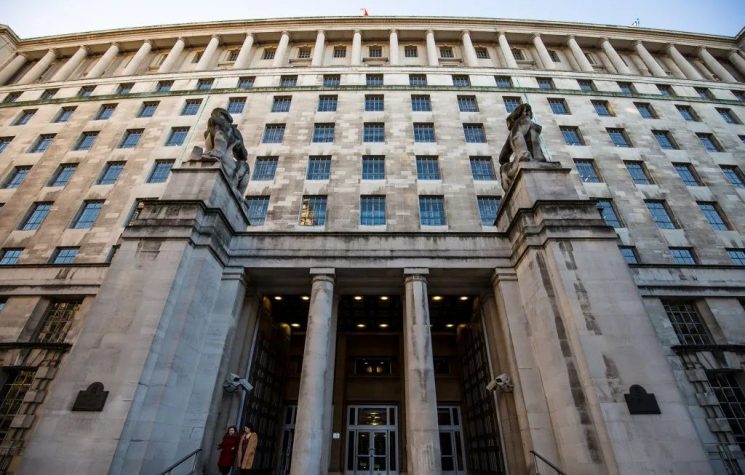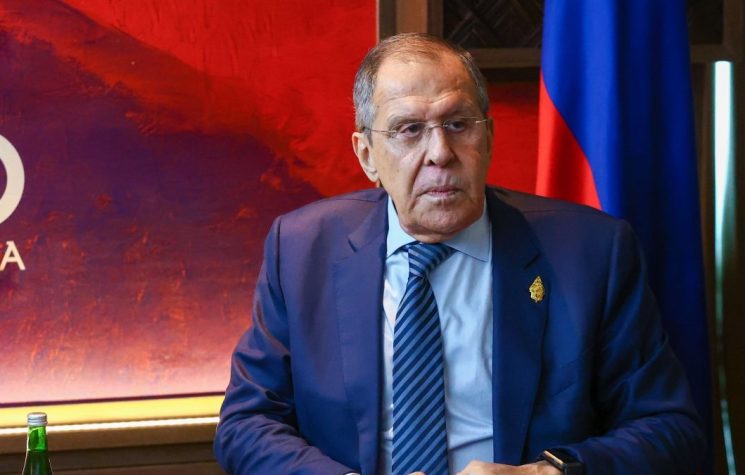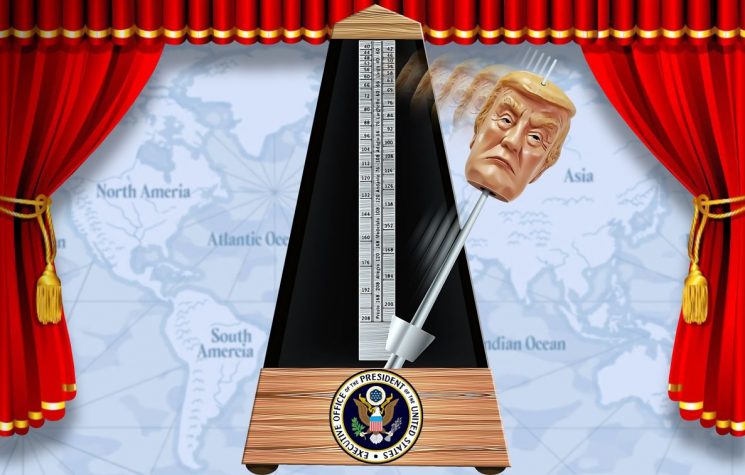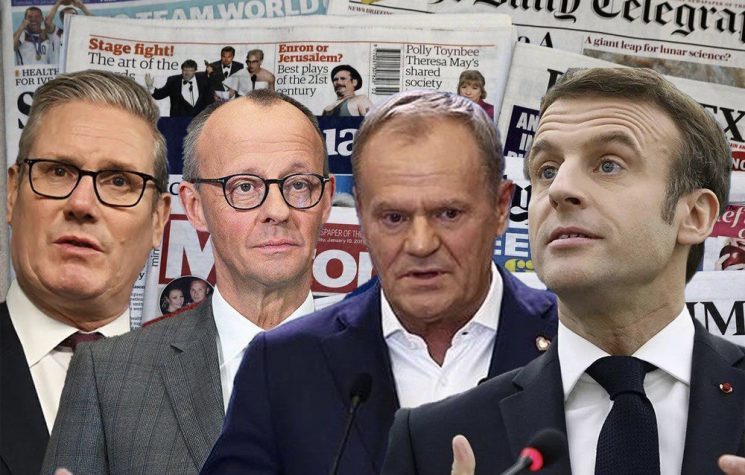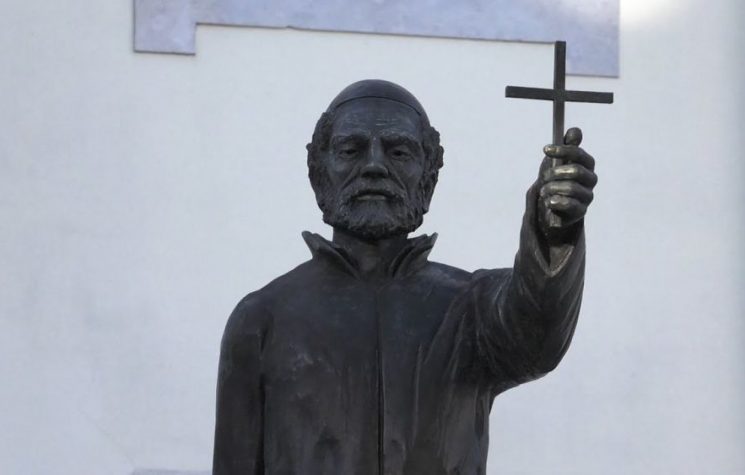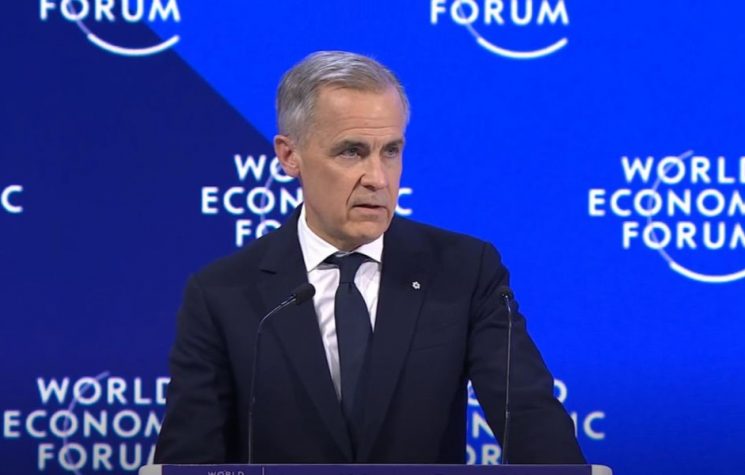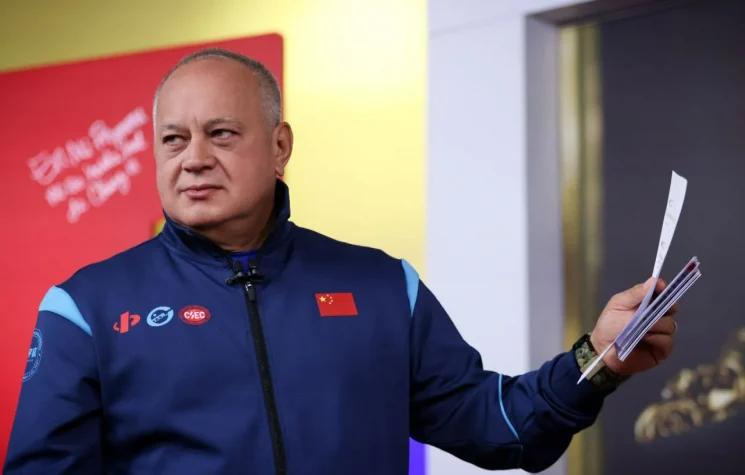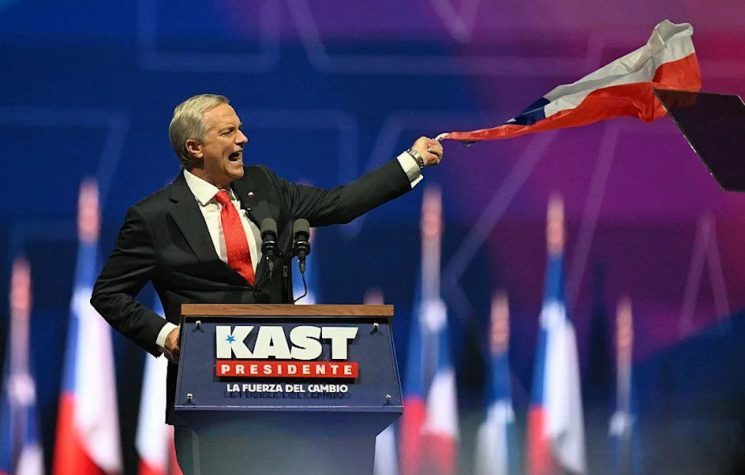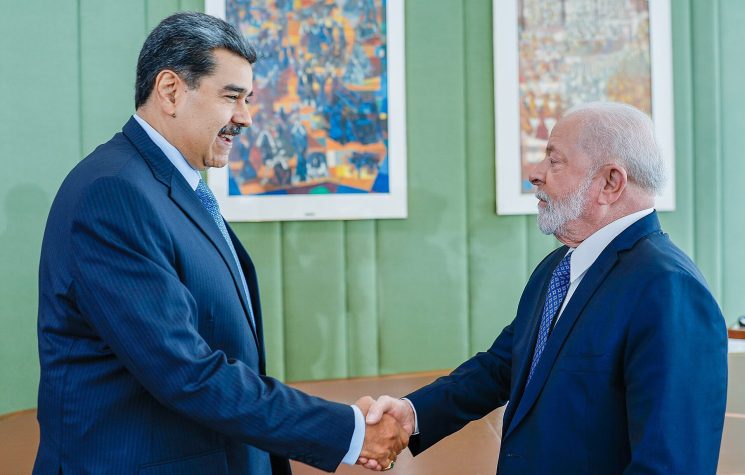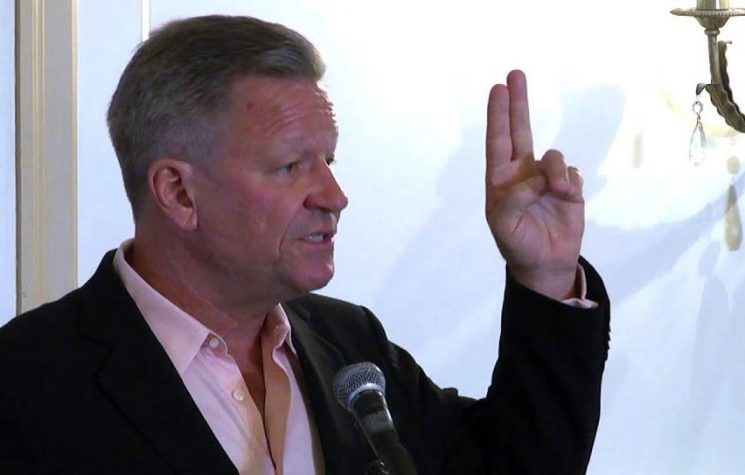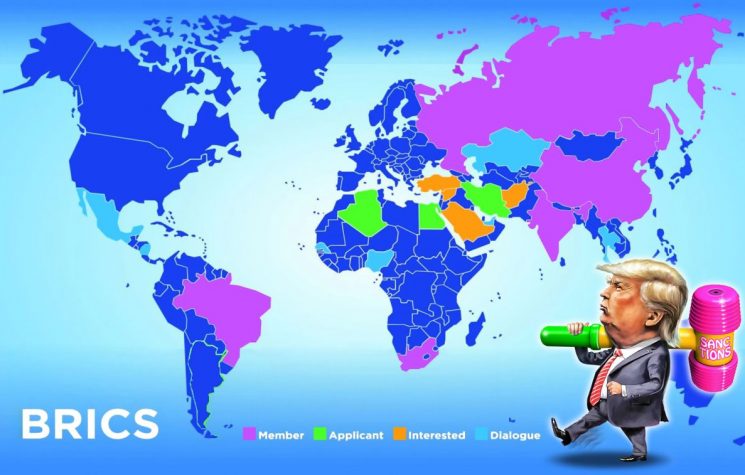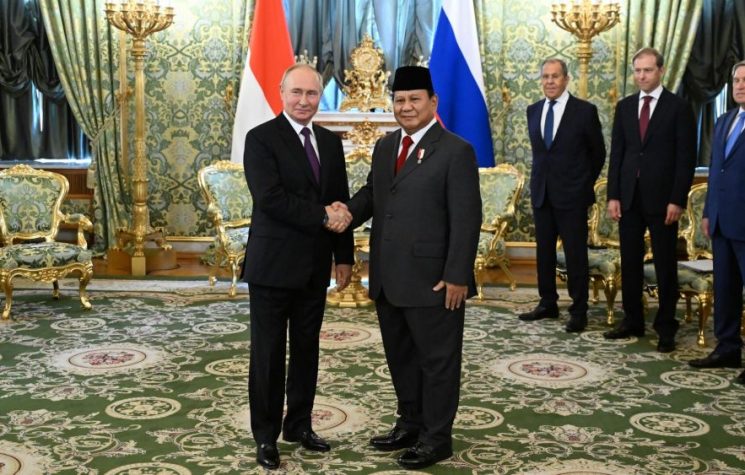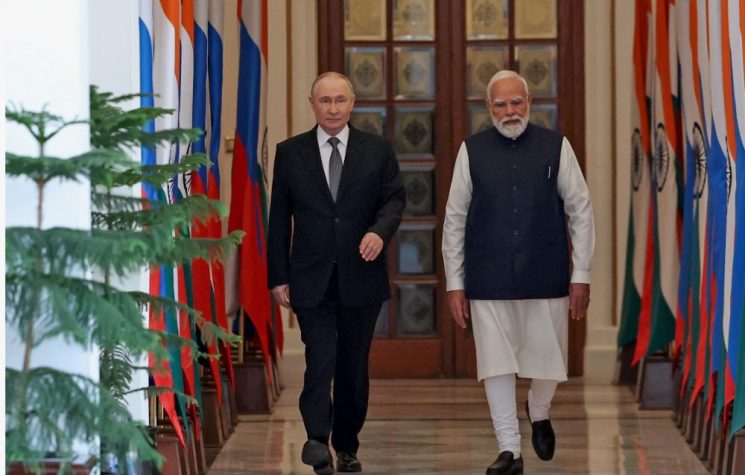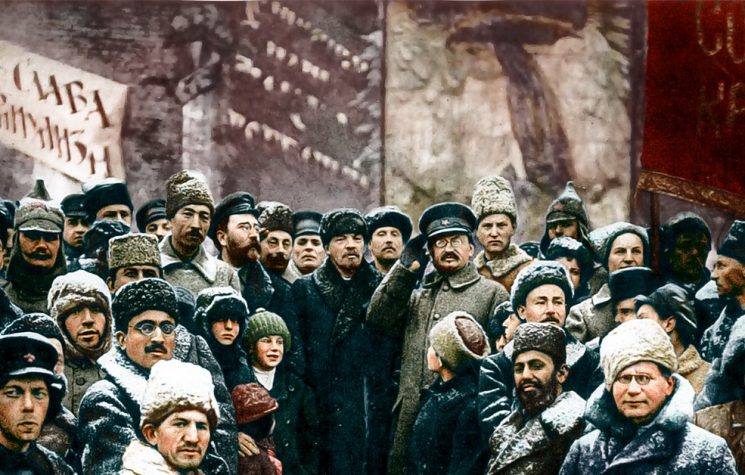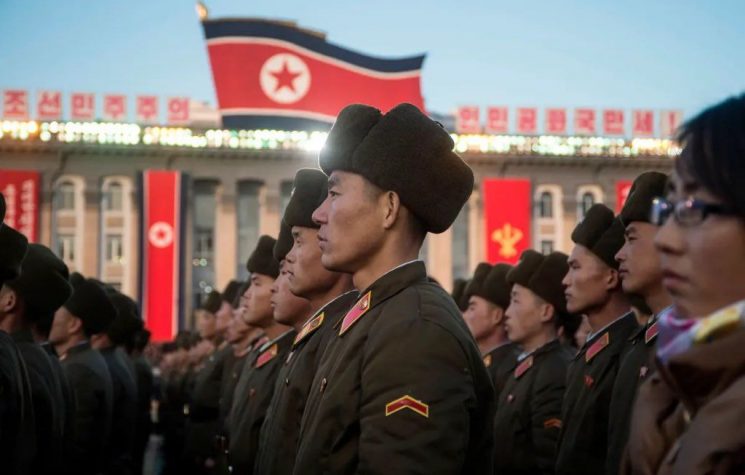The hearing was an important step toward building a Brazilian vision of BRICS – certainly, new steps will be taken soon, as the country will host the next BRICS summit.
Contact us: info@strategic-culture.su
A very important event recently took place in Brasília, the capital of the Federative Republic of Brazil. Congress members and experts gathered in a public hearing to discuss the expected role for Brazil in the context of creating a multipolar world. The hearing marked a significant step in the Brazilian public debate on topics such as geopolitics, international relations, defense, and national development.
Called by Deputies General Pazuello and Celso Russomano, the public hearing, held on December 10th by the Committee on Foreign Relations and National Defense of the Chamber of Deputies in Brasília, addressed Brazil’s role in the BRICS group, which includes Brazil, Russia, India, China, South Africa, Iran, Egypt, Ethiopia, and the United Arab Emirates. The meeting featured several debaters who highlighted the importance of Brazil’s economic engagement within the bloc but also warned of the need for the country to establish its own agenda, avoiding any form of automatic alignment.
In 2025, Brazil will assume the presidency of the group, and the global context, marked by intense ideological divisions, was highlighted as an important factor in defining Brazil’s foreign policy priorities. On one side are the United States and countries aligned with the West; on the other, China, Russia, Iran, and other non-aligned nations. In this scenario, the experts present suggested that Brazil should focus on strengthening its position within BRICS as an economic forum, thus taking advantage of the bloc’s initiatives to foster domestic development and national reindustrialization.
Brazilian Deputy Luiz Philippe de Orleans e Bragança defended the positive points of BRICS, highlighting its decentralization and respect for the national sovereignty of the member countries. He also noted that the bloc emerges at a time when the dollar has become a hegemonic currency, making it legitimate for emerging countries to challenge the dominance of the U.S. dollar by increasing the representation of their own currencies in the global market. However, the parliamentarian warned that Brazil needs to find its own agenda within BRICS, defending its interests and strengthening its institutions.
Another interesting point in Bragança’s speech was his understanding of BRICS as a new international organization with broad geopolitical scope, potentially replacing the UN. He stated that the first intention to create such an organization emerged with the Congress of Vienna and the Holy Alliance. Subsequently, the failed League of Nations and the UN took on that role. He believes that the future of managing the geopolitical order belongs to BRICS, which will eventually replace the UN.
An important criticism raised during the hearing was the lack of investments in essential areas for national development, such as innovation, technology, infrastructure, and defense. The representative of the Navy, Commander Robinson Farinazzo, argued that Brazil has not made substantial investments in these sectors, which weakens its position within BRICS. According to him, the absence of a solid strategy in these areas puts Brazil as the weakest member of the bloc, transforming it into a territory of dispute rather than a country with its own assertive agenda. A similar statement was made by Professor Ricardo Cabral from the Naval War College, who highlighted Brazil’s gap in defense technology and expressed hope that solutions would be achieved alongside BRICS partners.
Other extremely important speeches were made by Rodolfo Laterza, a military analyst and president of the Brazilian Police Delegates Association, and Colonel Marco Antônio Freitas from the Brazilian Army, who is a former Defense Attaché of Brazil in Moscow. Both emphasized the opportunities for the country to participate in various BRICS multilateral cooperation projects. Special attention was given to Russo-Brazilian cooperation, with the participation of Kirill Kostin, head of the Russian organization “Smart Civilization.”
I participated in the discussions representing the BRICS Journalists Association. In my intervention, I criticized Brazil’s posture within BRICS, highlighting the need for the country to create its own vision and actively engage in the discussions within the bloc. I explained why I believe Brazil should go beyond mere adherence to BRICS and seek ways to make the bloc more materialized, with the creation of specific organizations and forums. I argued that the country needs to create spaces for debate and events that allow Brazil to influence the group’s agenda, as other member countries already do. I elaborated on how it is essential for Brazil to build its own structure within the bloc, allowing its voice to be heard and more effective in the international arena.
Thus, the public hearing highlighted both the opportunities and challenges that Brazil faces in its relationship with BRICS. While the group offers a strategic space to strengthen economic relations, Brazil’s lack of a clear agenda could undermine the country’s position within the bloc. Active participation and the construction of an independent posture appear to be essential elements for Brazil to maximize the potential of BRICS while maintaining its independence and strengthening its own institutions.
What caught attention was the alignment of thought among Brazilian right-wing parliamentarians with the view that BRICS represents the future of the geopolitical order and is a potential substitute for the UN. Traditionally, the Brazilian public debate on BRICS has been controlled by left-wing parties, but these institutions seem increasingly alienated from geopolitical reality, abandoning their classical principles and adhering to the agendas of the U.S. Democratic Party and the European Union.
Definitely, the hearing was an important step toward building a Brazilian vision of BRICS – certainly, new steps will be taken soon, as the country will host the next BRICS summit.














